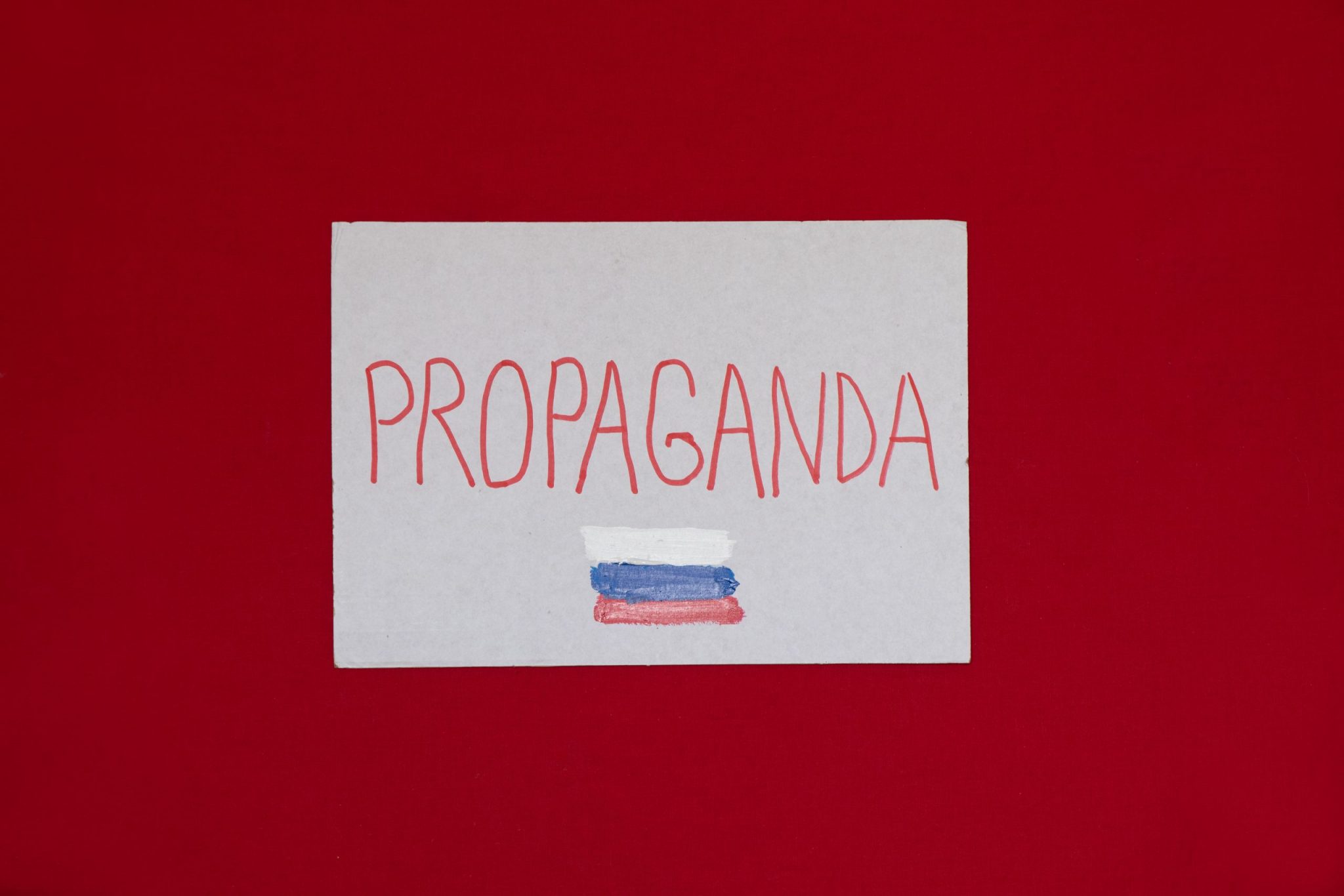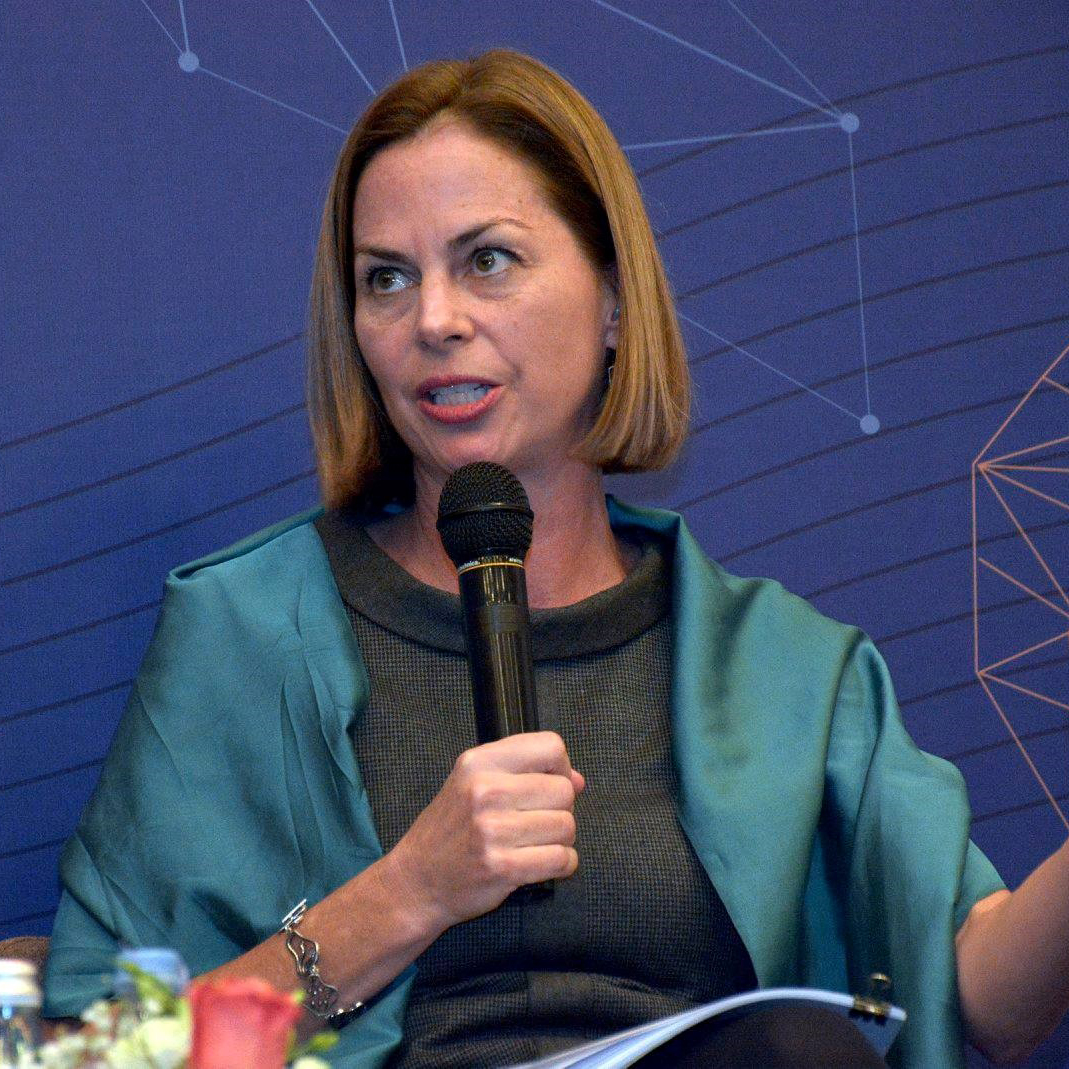Nearly a month since Russia invaded Ukraine, the Kremlin has continued to spread outlandish, illogical narratives to justify the war. While disinformation during wartime is not a new phenomenon, it has reached new heights and audiences in the social media and digital era.
That mythology, and its resilience in the face of fact-checking and criticism, reflects “the ability of autocrats and malign actors to completely brainwash us to the point where we don’t see what’s in front of us,” said Laura Thornton, the director and senior fellow at the German Marshall Fund’s Alliance for Securing Democracy.


